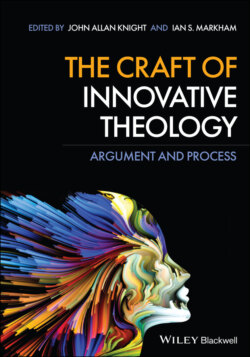Читать книгу The Craft of Innovative Theology - Группа авторов - Страница 56
Postscript
ОглавлениеToday, like many American mainline denominations, the SBC is in the midst of declining membership. According to reports, it is doing everything possible to stem the tide of decline by becoming more ethnically diverse in its membership. Russell Moore, president since 2013 of its influential Ethics and Religious Liberty Commission, has tried to change how the SBC talks about race, speaking with empathy, and sometimes anger, over recent racial conflicts. For example, he has asked the denomination to listen more to African Americans’ experiences of racism. Yet, because the SBC believes that racism is due to the sinful nature of human beings, it seems reticent to deal with the oppressive societal structures that it helped to build and support. It believes that changing the ill will within individual minds and hearts is key and often sees it as the only step to be taken.
Within the denomination, efforts have been made to offer scriptures that promote racial equality, in distinction to those scriptures used to defend racism, slavery, and segregation. For example, those who are more inclusive and are what is referred to as “contemporary Southern Baptists,” believe that the Bible has been misinterpreted on the issue of race. They express hopefulness that the SBC is capable of making internal shifts in theology while continuing to adhere to the idea of biblical inerrancy.60
The SBC also has placed a great deal of emphasis on Hispanic membership, which has grown by 40% since 1998. However, according to Pew Research Center, as of 2014 the SBC remains one of the least racially diverse denominations in the United States, with only 6% African American and 3% Hispanic membership.61 In the American Baptist Churches USA, for example, African Americans constitute 10% of the membership. Meanwhile the Catholic Church’s ethnic composition is more diverse, with 3% African American and 34% Latino membership. Despite the SBC’s recent efforts, it remains an overwhelmingly majority white denomination.
